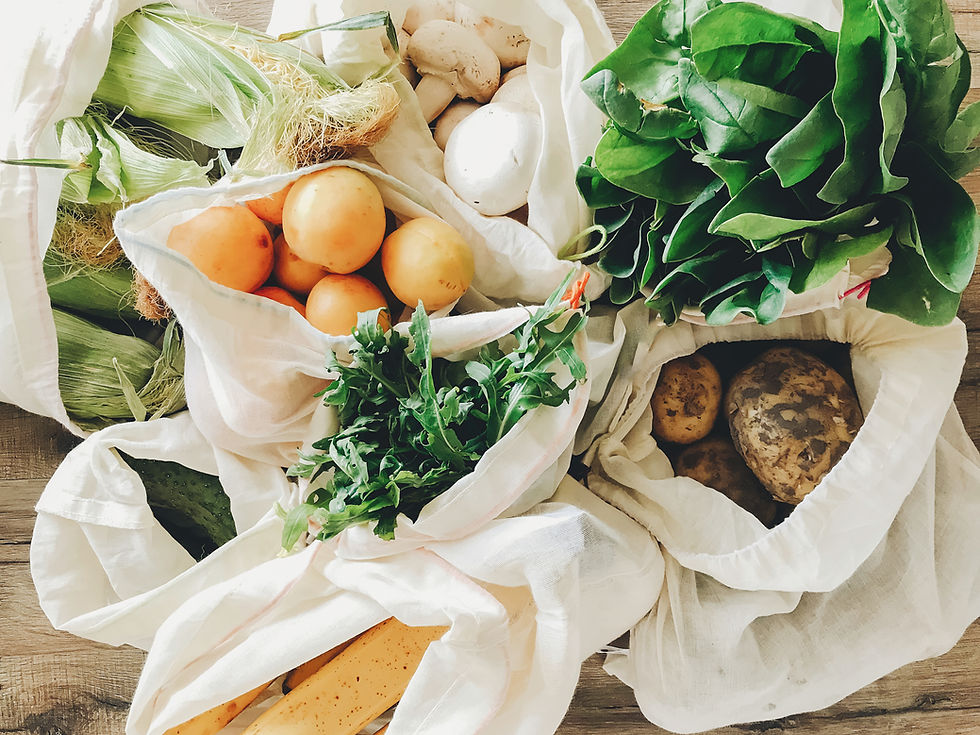The Power of a Simple Swap: Whole Grains & Long-Term Wellness
- Cerissa Leese
- May 14, 2025
- 2 min read
When most people think about improving their nutrition, they imagine a full overhaul—cutting out sugar, buying organic everything, meal prepping like a full-time chef. But in reality, the biggest health transformations start with small, consistent shifts.

One of the first and most powerful changes I made in my own preventative nutrition journey?Swapping out processed grains for whole grains.
It sounds basic, but this one change impacted my digestion, my blood sugar, and my energy in a way I didn’t expect—especially as someone managing chronic health concerns.
What’s the Difference Between Processed & Whole Grains?
Processed grains—like white bread, white rice, and many boxed cereals—have been stripped of their bran and germ. That’s where most of the fiber, vitamins, and minerals are found. What’s left is mostly starch, which the body quickly converts to sugar.
Whole grains, on the other hand, keep all their natural parts intact. They’re full of fiber, B vitamins, antioxidants, and even trace minerals like magnesium and zinc—all of which help regulate blood sugar, reduce inflammation, and support long-term wellness.
Why This Matters for Preventative Health
Blood sugar spikes, chronic inflammation, and poor digestion are at the root of many modern health conditions—things like insulin resistance, PCOS, cardiovascular issues, and autoimmune flares.
Swapping to whole grains is one of the simplest ways to:✔️ Support hormone balance✔️ Improve gut health✔️ Stabilize energy and mood✔️ Keep you full longer without overeating✔️ Reduce the inflammatory burden on your body
No drastic diets. No counting or tracking.Just a subtle shift that starts working behind the scenes.
Easy Whole Grain Swaps to Try This Week
If you’re not sure where to start, try replacing one processed grain per day with a whole version*:
Instead of… | Try this: |
White rice | Brown rice, wild rice, or quinoa |
White bread | Sprouted grain or 100% whole grain bread |
Instant oats | Rolled oats or steel-cut oats |
Pasta | Lentil, chickpea, or whole wheat pasta |
Crackers | Seed-based or whole grain crackers |
Your plate doesn’t have to be perfect to support your health. It just needs to be intentional.
*Note: Make sure the ingredient label says, "whole wheat," and NOT, "enriched wheat."
Final Thoughts
Preventative nutrition isn’t about extremes—it’s about awareness.And awareness creates choice.
By choosing foods that actually support your body instead of depleting it, you’re not just eating better. You’re living better.
And that’s what FAM Philosophy is all about. Doors open soon!



Comments